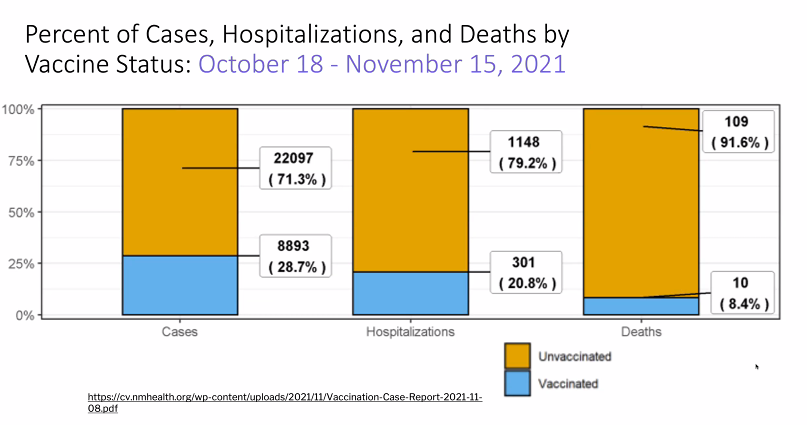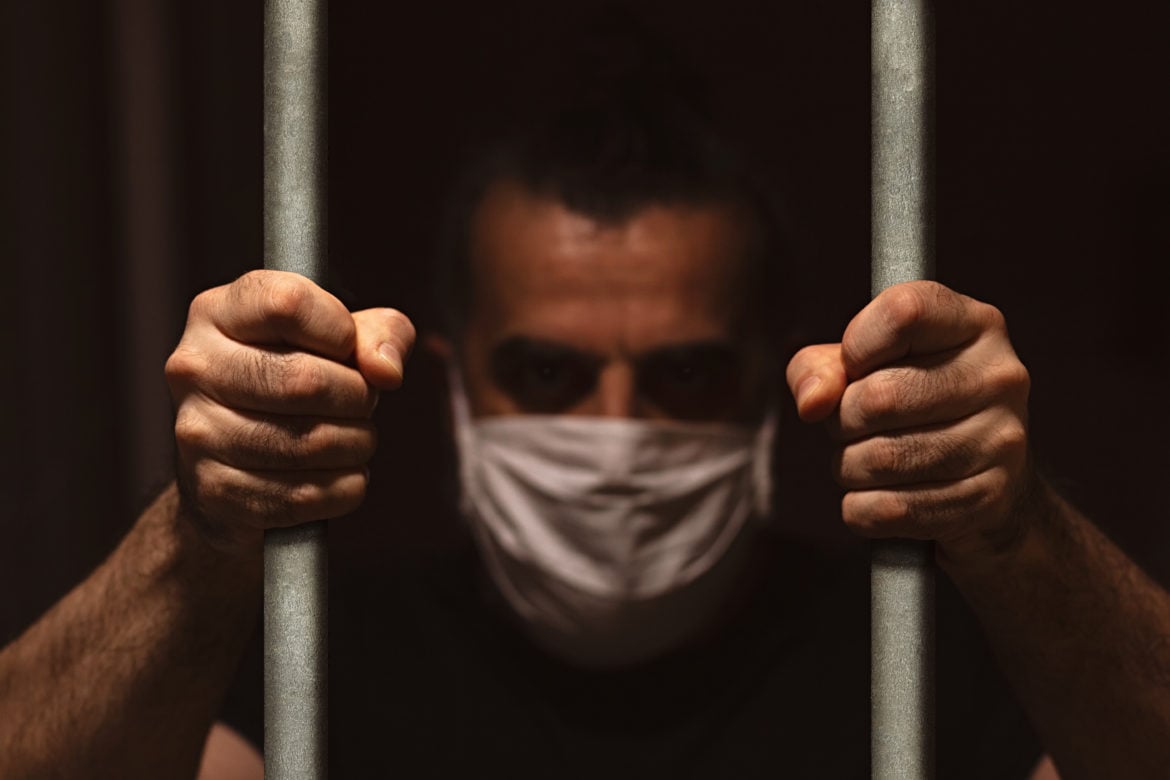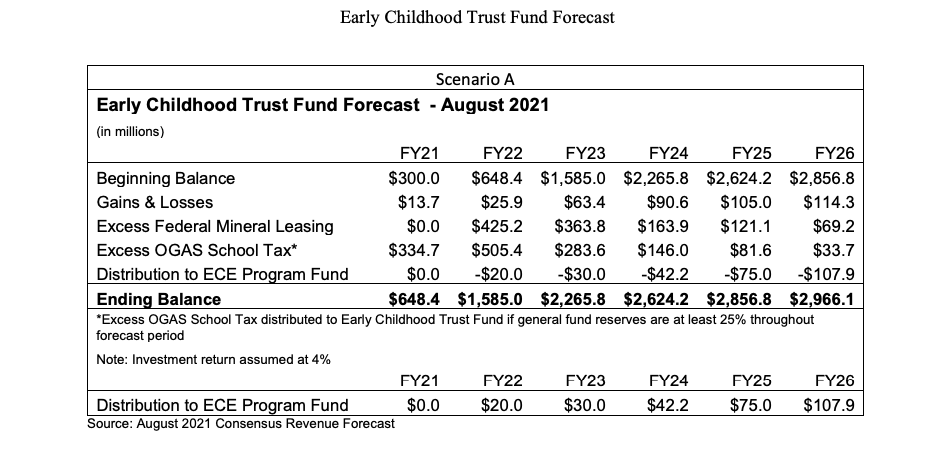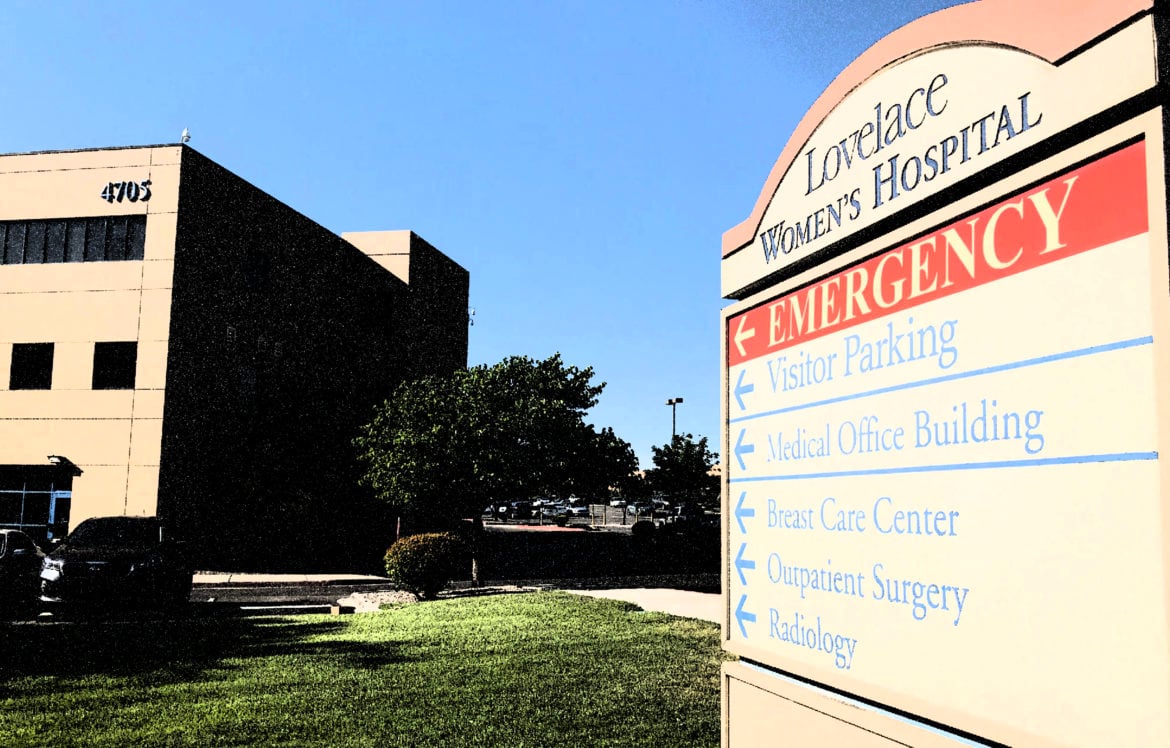New Mexico In Depth renews partnership with ProPublica
|
ProPublica has selected New Mexico In Depth as part of its Local Reporting Network for the second time in as many years, a huge distinction.
You might remember New Mexico In Depth and ProPublica teamed up in 2020 and 2021 to work with reporter Bryant Furlow as COVID marched across the globe.The year-and-a-half partnership proved extremely impactul, with Bryant’s stories:• Forcing one of New Mexico’s largest hospitals to stop automatically testing and segregating Native American pregnant women after we exposed the practice, which was based on whether women lived in Native communities. We discovered the hospital’s practice through rigorous and lengthy relationship building with clinicians within the hospital.
• Documenting that New Mexico provides almost no oversight of the care provided by neonatal intensive care units even though the tiniest, most premature babies died at up to twice the rate at one of the state’s largest hospitals compared to the rate at another major maternity and newborn facility only a few miles away in Albuquerque; and despite 31 states having laws or rules requiring oversight of neonatal intensive care hospitals.• Showing how the nursing home industry fought to water down safety requirements in the years before COVID stormed across the globe, leaving them and the clients facilities cared for vulnerable to the devastating virus.
Bryant is known for reporting that leads to change.
His reporting has exposed off-label sedation of jail inmates with prescription drug cocktails, embezzlements, and lax oversight by the state’s insurance regulators — reporting that prompted new state legislation on insurance rate-setting transparency.
With New Mexico In Depth over the years, he was the first reporter to challenge the state’s decision to cut off Medicaid funding to behavioral health providers through rigorous, thorough reporting.
He’s authored hundreds of health care and medical research news stories for medical journals, including The Lancet journals’ news desks, where his recent reporting has spotlighted neonatal opioid withdrawal syndrome, vaping injuries, the seizure by the US Border Patrol of children’s medications and volunteer health care efforts at migrant shelters along the U.S./Mexico border. Since 2008, New York-based ProPublica has become known for rigorous and thoughtful journalism, winning six Pulitzers, five Peabody Awards, nine George Polk Awards, two DuPont Columbia Awards and four Emmy Awards.
Our partnership with ProPublica, which begins in January, is part of New Mexico In Depth’s core mission: to collaborate with national and local news organizations to bring resources, new skills, and more journalism to New Mexico communities, where investigative reporting is in short supply.
We look forward to continuing to strengthen our capacity for investigative reporting in years to come.








